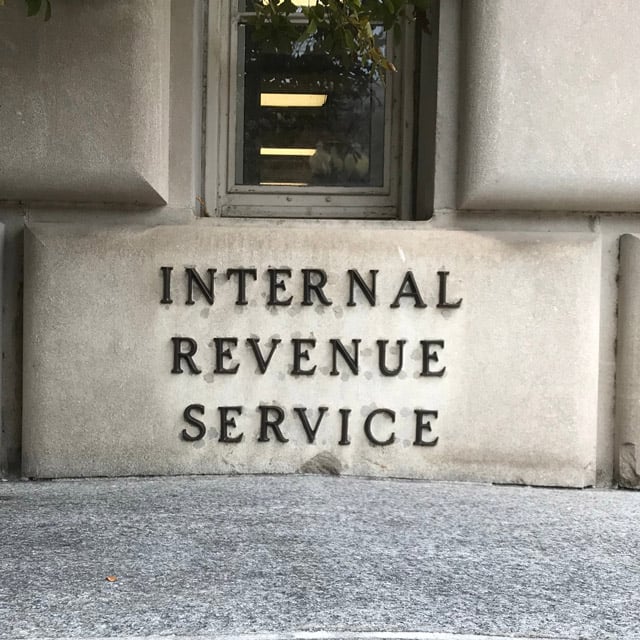
Retirement plan sponsors have been given more time to comply with certain provisions of the Coronavirus Aid, Relief, and Economic Security (CARES) Act, and the Taxpayer Certainty and Disaster Tax Relief Act of 2020 (Relief Act) that were not extended under prior IRS guidance.
The IRS has extended the deadline for sponsors of qualified retirement plans, IRAs or annuity contracts to make amendments under those acts.
In Notice 2022-45, the IRS provides that qualified retirement plans (other than governmental plans) and IRAs have until Dec. 31, 2025, to adopt amendments related to coronavirus-related distributions and plan loan relief under the CARES Act, and qualified disaster distributions under the Relief Act, the law firm Eversheds Sutherland notes in a recent alert.
With the notice, the IRS is giving administrative relief for IRA custodians and employers sponsoring plans, Ed Slott of Ed Slott and Co. told ThinkAdvisor Monday in an email.
“The Notice gives custodians and plan sponsors more time to amend their documents to reflect certain CARES Act provisions and changes made by the 2020 disaster relief law,” Slott relayed. “This is similar to the relief the IRS gave [in August] when it extended the deadline for amending documents to comply with other CARES Act provisions and certain SECURE Act changes.”
Ian Berger, an IRA analyst at Ed Slott and Co., added Monday in an interview that the relief deals with the CARES Act provision “that allowed people to take out coronavirus distributions in 2020.” The Relief Act passed in 2020 gave “certain relief for distributions that are necessary for people in disaster areas, not COVID disasters. … There were deadlines for plan sponsors and IRA custodians to amend their documents — this [Notice] is just an extension of those original deadlines.”
The Latest



 Repayment Matching in Retirement Plans" width="" />
Repayment Matching in Retirement Plans" width="" />
Plan sponsors must retroactively amend “the custodial document or plan document to reflect changes made by the legislation,” Berger explained. “For example, a plan that offered COVID-19 withdrawals (CRDs) in 2020 must revise the plan document to reflect this additional distribution option (even though it was effective only in 2020).”
Groom Law Group notes in another alert that “while perhaps unexpected, these additional extensions allow the adoption of SECURE Act, … CARES Act, and 2020 Relief Act changes with a single amendment.”
As a result, “most plans will not be required to adopt IRS required changes this year. But of course, plan sponsors who want to amend their plans now to reflect the CARES Act and 2020 Relief Act provisions, while still somewhat fresh in their mind, can proceed with little concern,” Groom writes.
Plan amendment deadlines, as explained by Eversheds, are amended as follows:
As the IRS explains, a coronavirus-related distribution is any distribution from an eligible retirement plan made on or after Jan. 1, 2020, and before Dec. 31, 2020, to a qualified individual.
Before this extension, the deadline for amendments to qualified retirement plans (other than governmental plans) and IRAs was the end of the first plan year beginning on or after Jan. 1, 2022 (Dec. 31, 2022 for calendar year plans).
The IRS previously released guidance in Notice 2022-33 which provided an extension for other amendments such as those related to changes under the Secure Act for required minimum distributions.